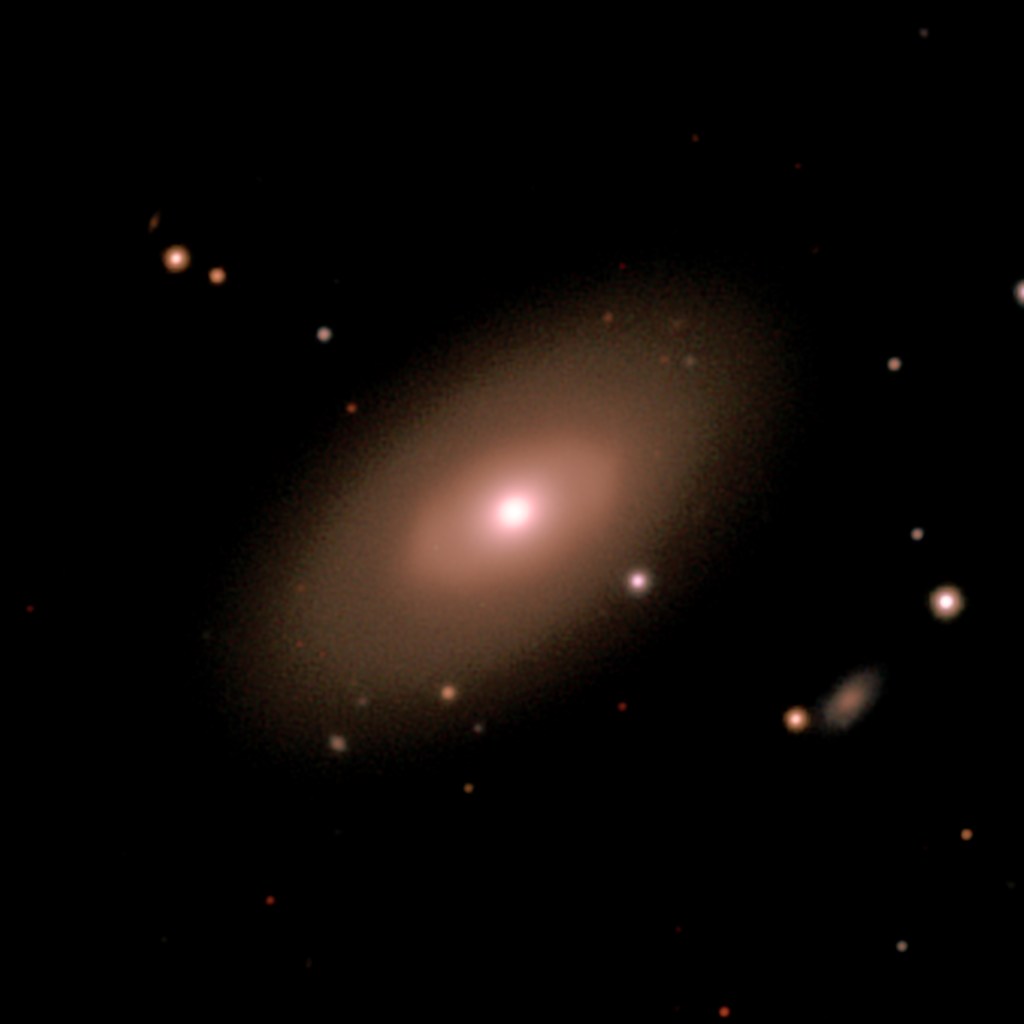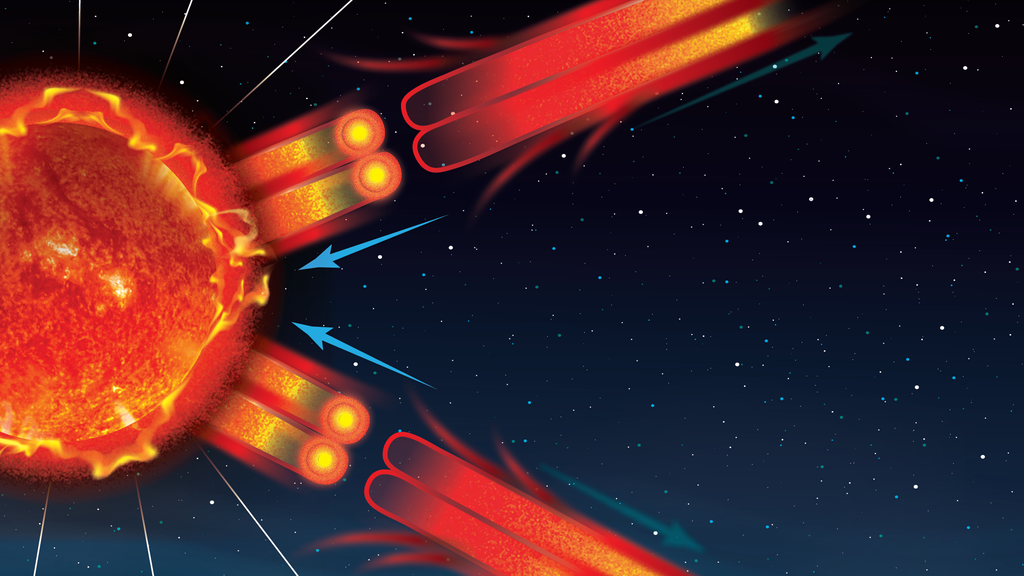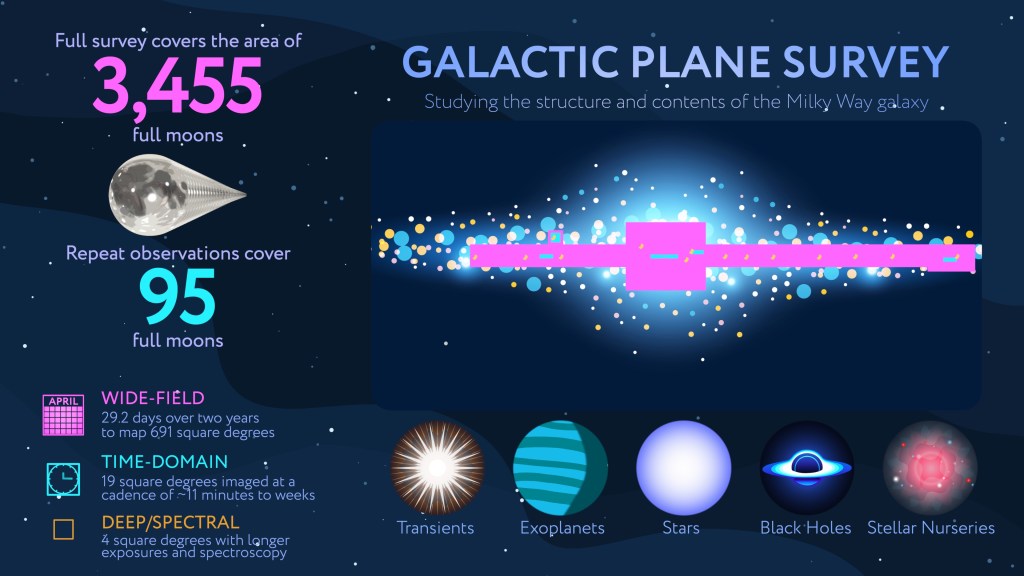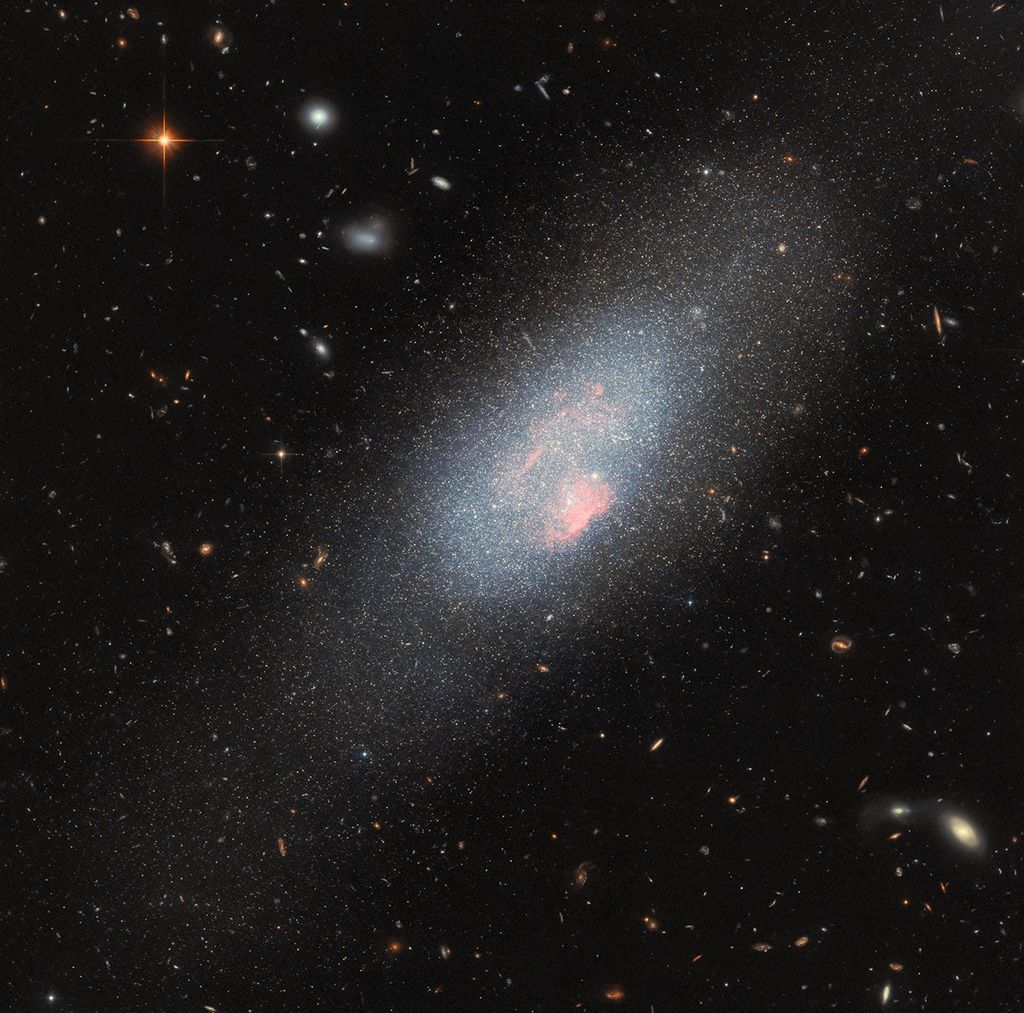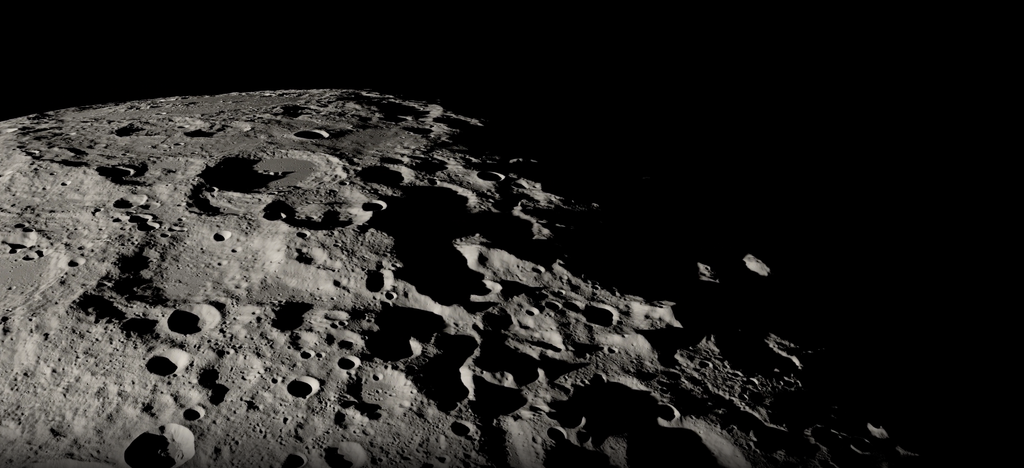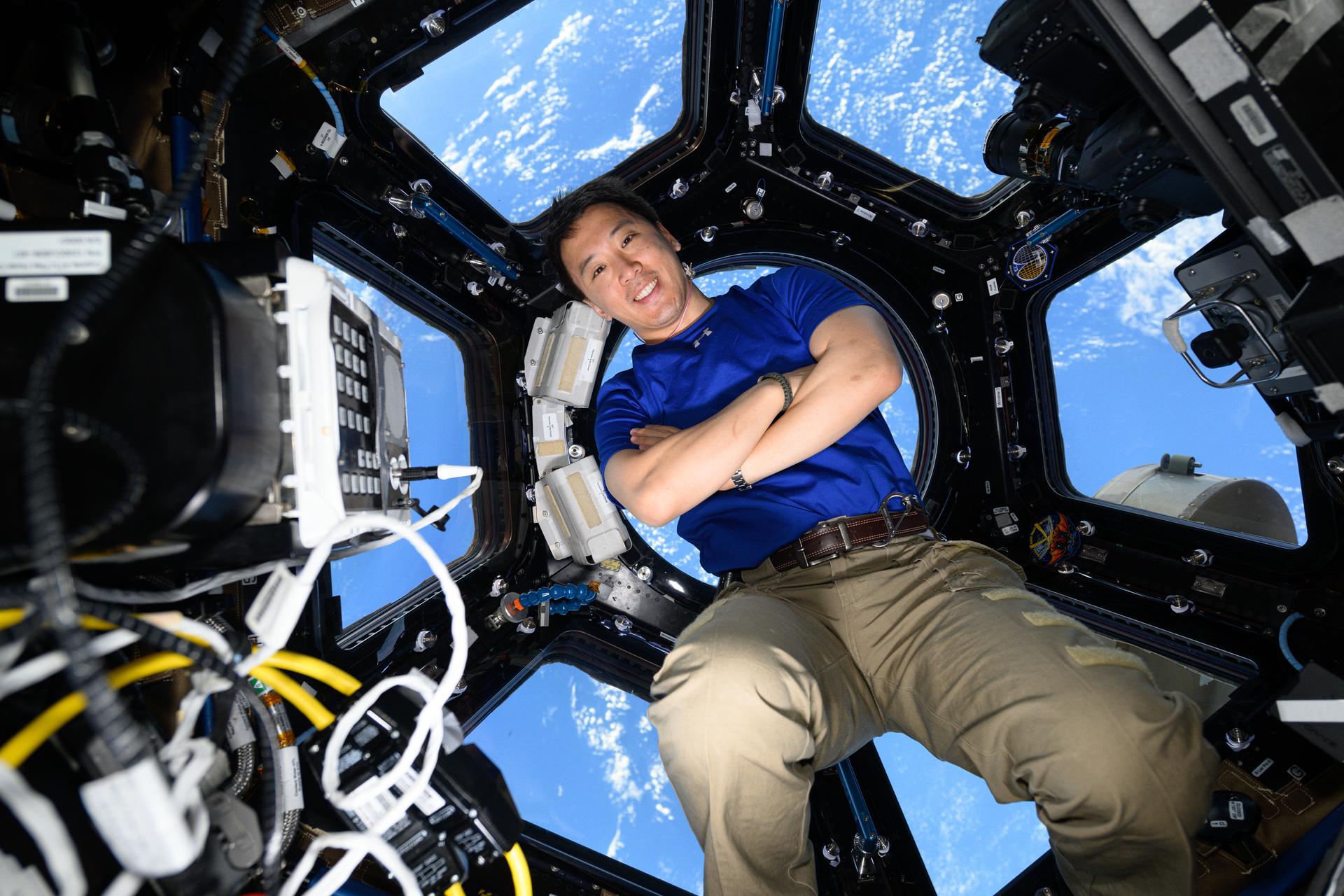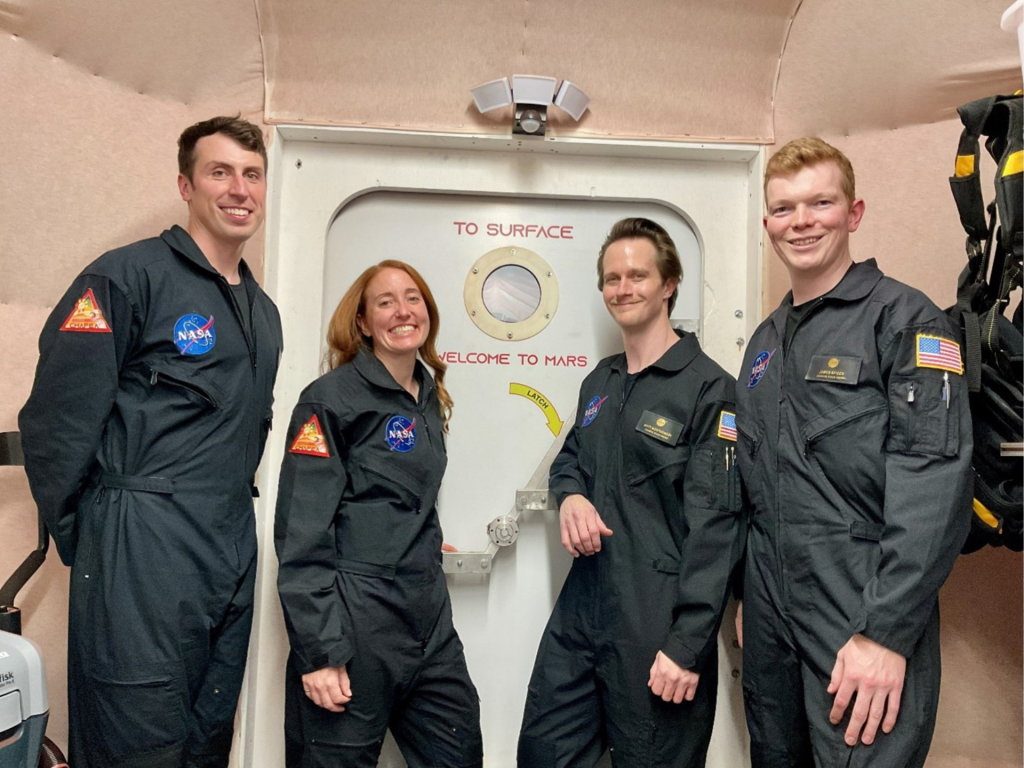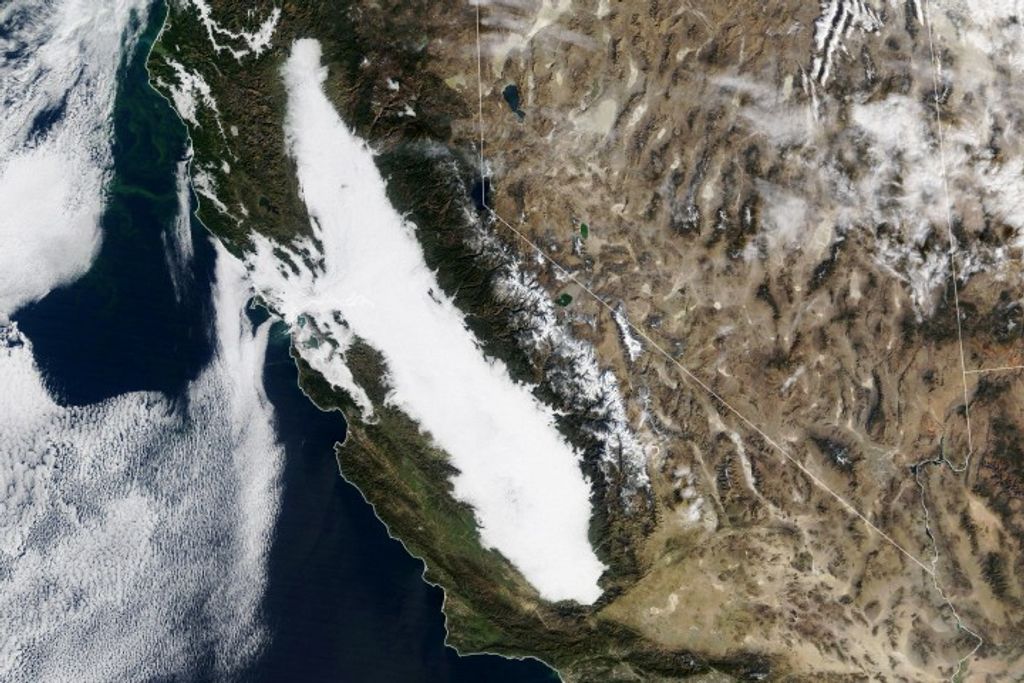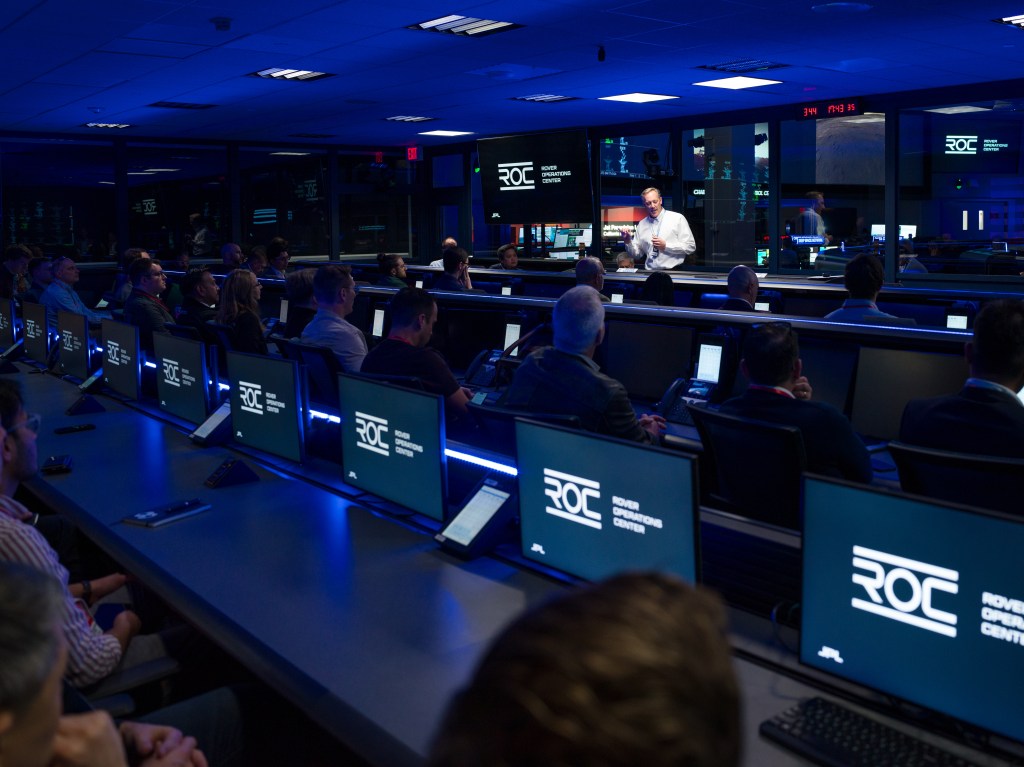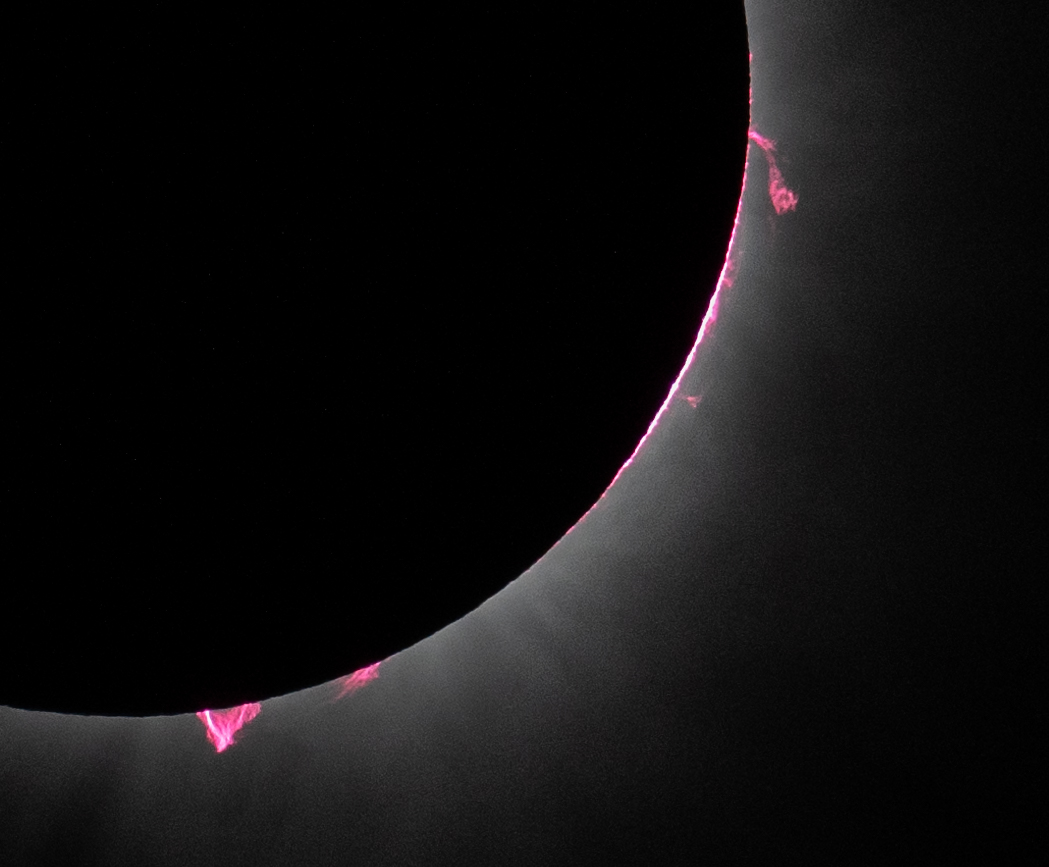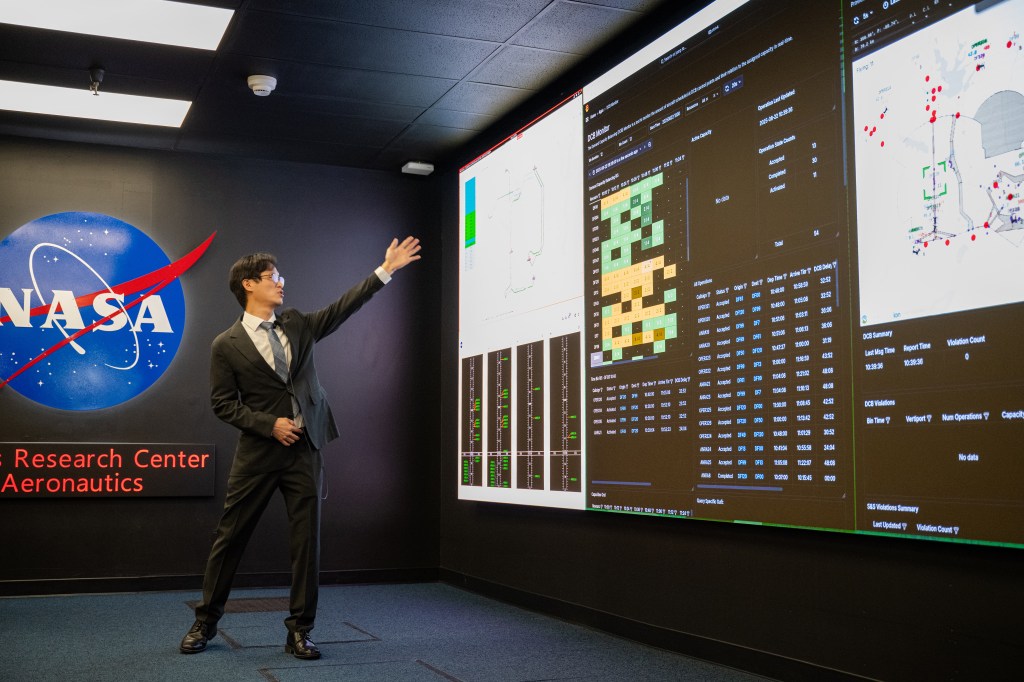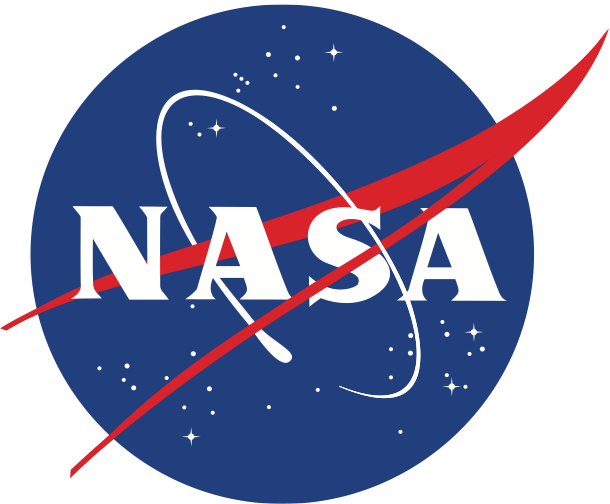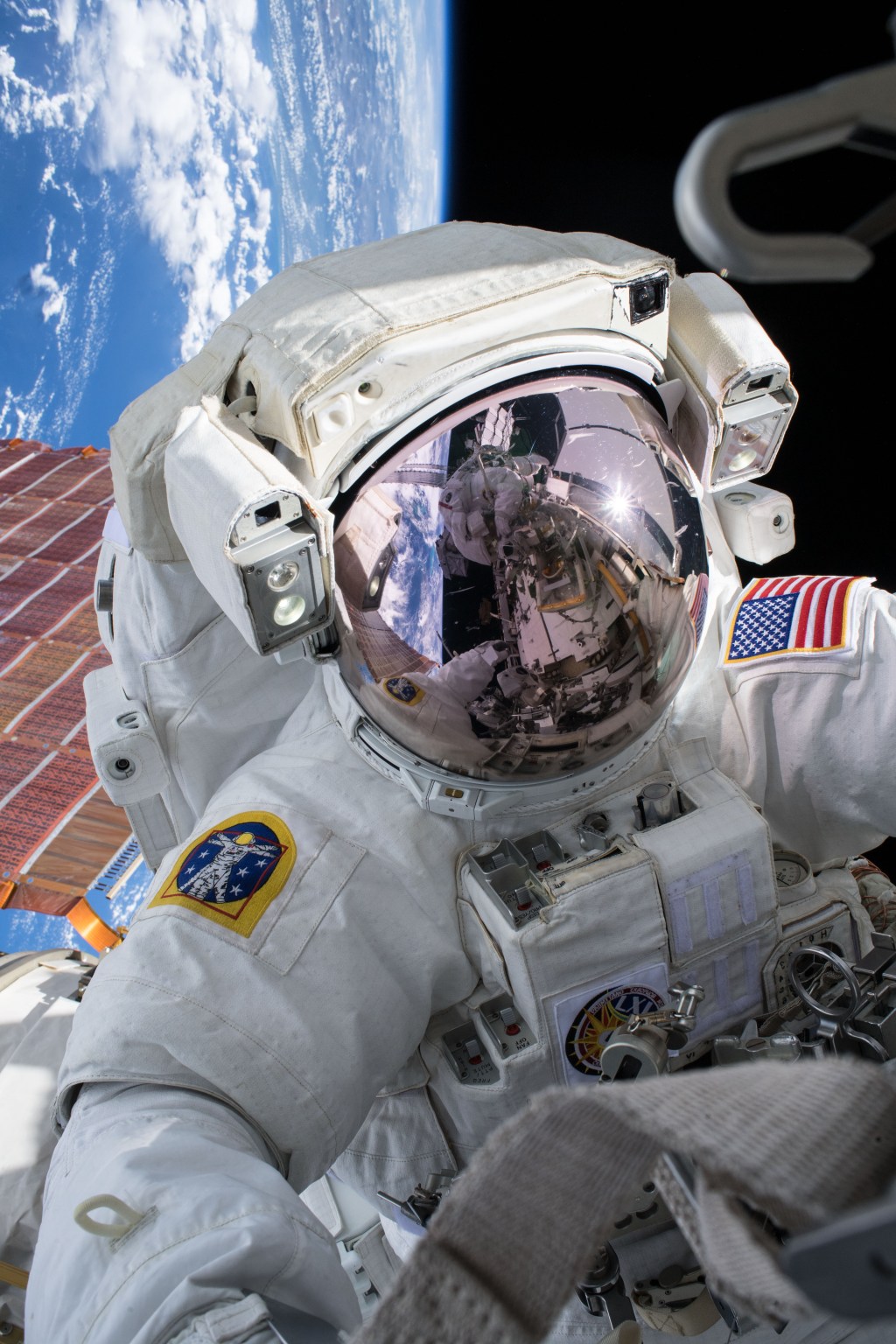Latest NASA Science News
Stay up-to-date with the latest news from NASA Science as we explore the universe, solar system, sun and our home planet Earth.
Filters

NASA’s Center for Geospace Storms, or CGS, publicly released the cutting-edge MAGE (Multiscale Atmosphere-Geospace Environment) model, a supercomputing powerhouse that uses NASA mission data to reveal how different parts of geospace react to solar disturbances. The MAGE model will help space…
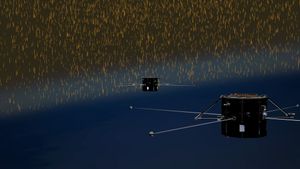
NASA’s TRACERS (Tandem Reconnection and Cusp Electrodynamics Reconnaissance Satellites) mission has started collecting preliminary science data, including tandem measurements that are key to the mission’s science goals. One of the two satellites, Space Vehicle 2, completed commissioning and is fully operational.…
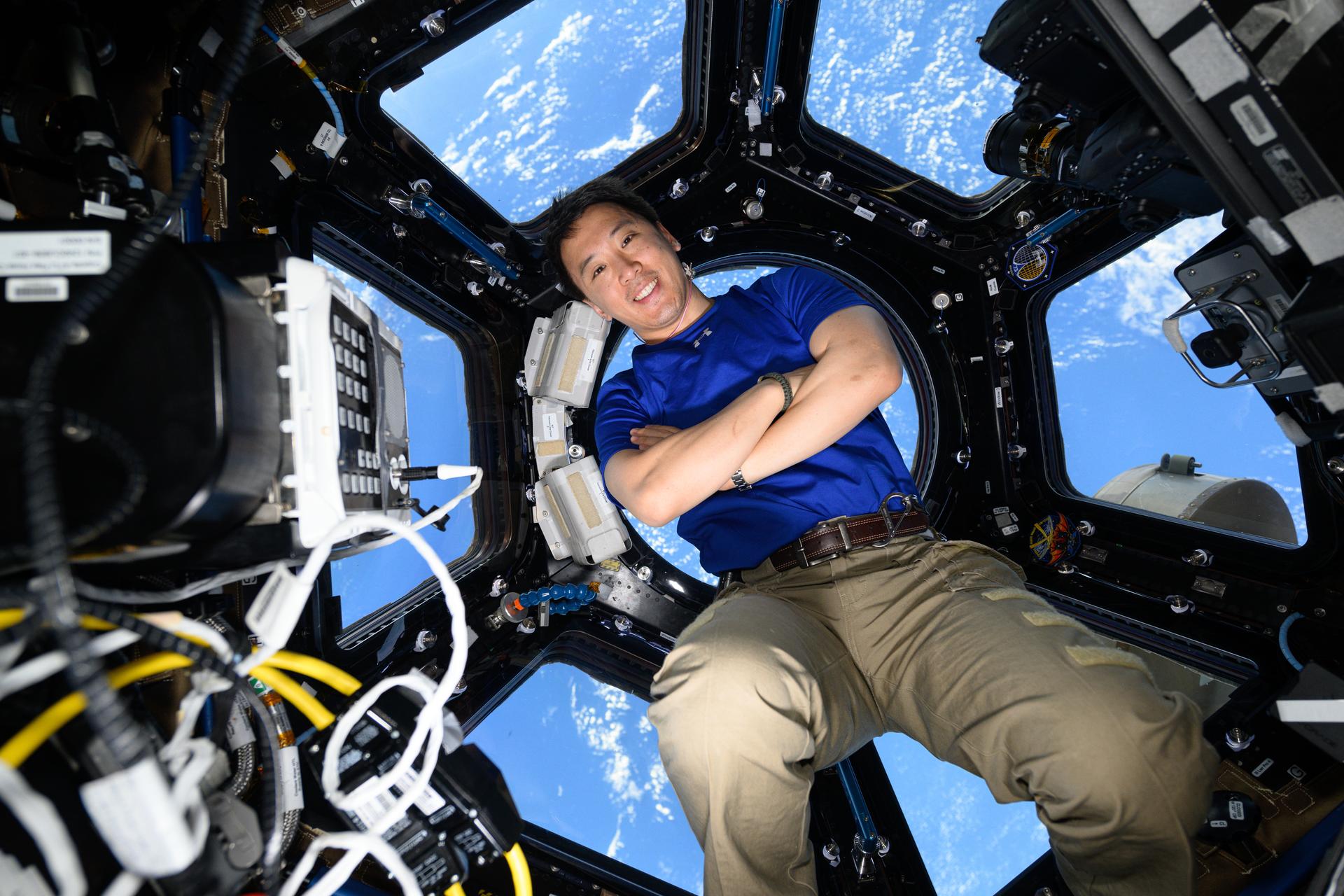
NASA astronaut Jonny Kim will recap his recent mission aboard the International Space Station during a news conference at 3:30 p.m. EST Friday, Dec. 19, from the agency’s Johnson Space Center in Houston. Watch the news conference live on NASA’s…

Researchers are turning to satellite data to monitor the world’s longest bridges. Due to high costs and logistical challenges, fewer than 1 in 5 bridges extending 492 feet (150 meters) or more have systems installed to track structural changes that…
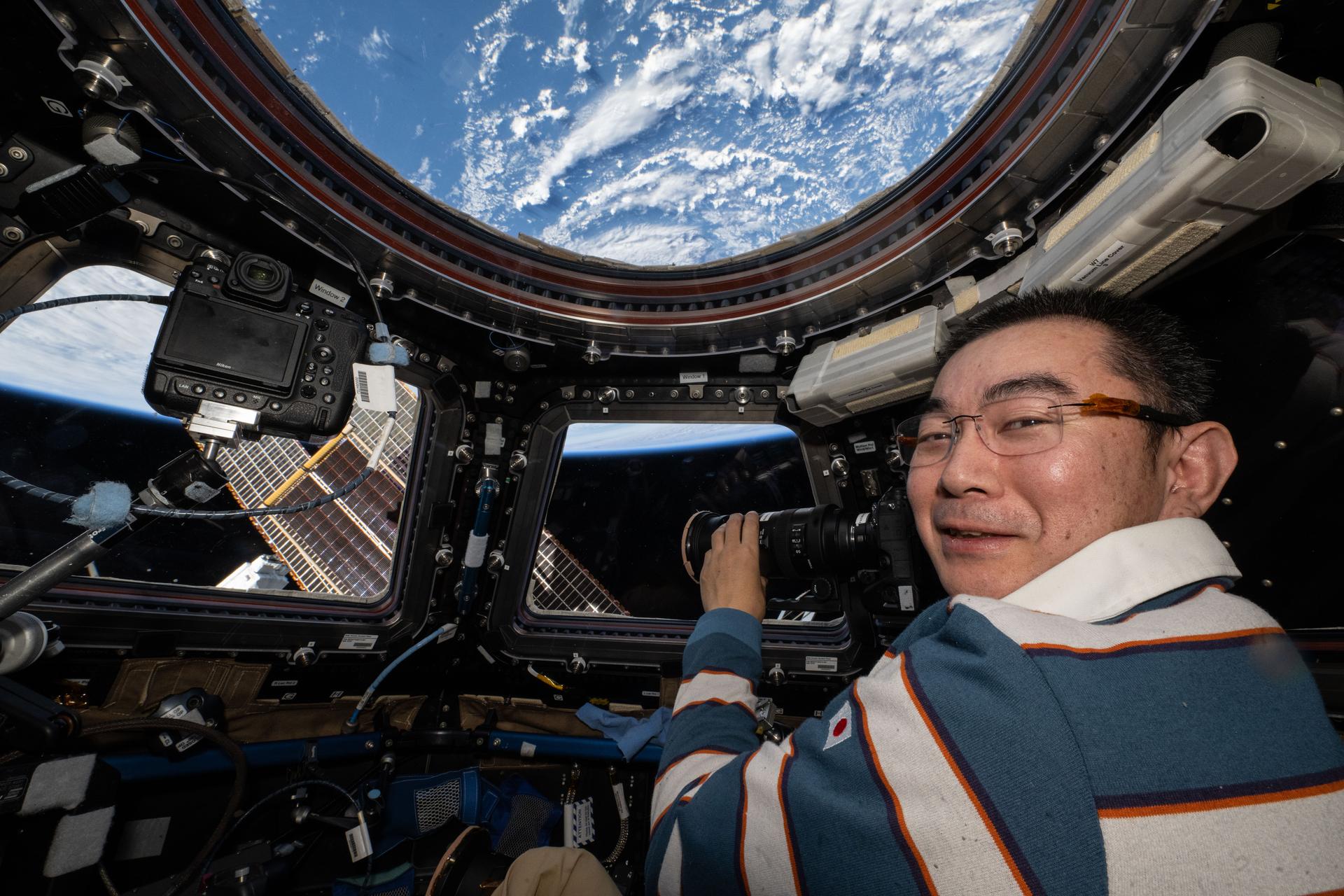
The Expedition 74 crew wrapped up the week exploring how the body balances itself in space and growing stem cells to improve health. Meanwhile, ongoing cargo operations and lab maintenance rounded out the schedule aboard the International Space Station.
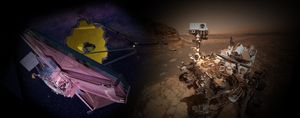
Two icons of discovery, NASA’s James Webb Space Telescope and NASA’s Curiosity rover, have earned places in TIME’s “Best Inventions Hall of Fame,” which recognizes the 25 groundbreaking inventions of the past quarter century that have had the most global…
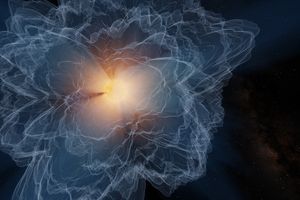
With the help of NASA’s Parker Solar Probe, astronomers have made the first continuous, two-dimensional maps of the outer edge of the Sun’s atmosphere. At this boundary, which scientists call the Alfvén surface, solar material escapes from the Sun to become the solar wind, a…
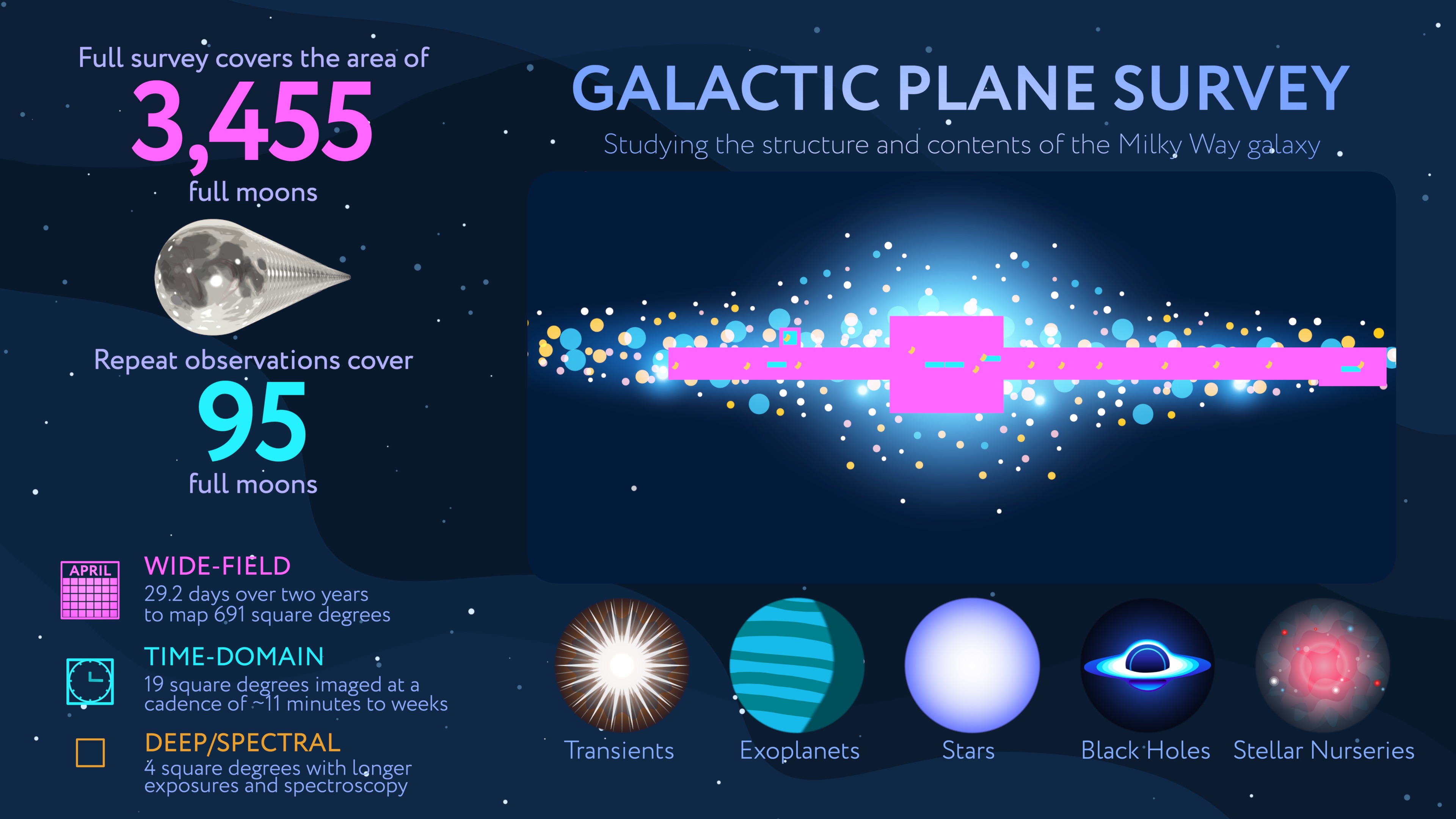
NASA’s Nancy Grace Roman Space Telescope team has released detailed plans for a major survey that will reveal our home galaxy, the Milky Way, in unprecedented detail. In one month of observations spread across two years, the survey will unveil…
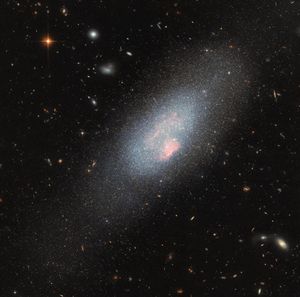
This NASA/ESA Hubble Space Telescope image features a glittering blue dwarf galaxy called Markarian 178 (Mrk 178). The galaxy, which is substantially smaller than our own Milky Way, lies 13 million light-years away in the constellation Ursa Major (the Great…
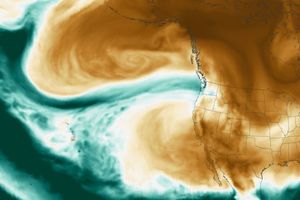
A potent atmospheric river delivered intense rainfall to western Washington, triggering flooding and mudslides.


